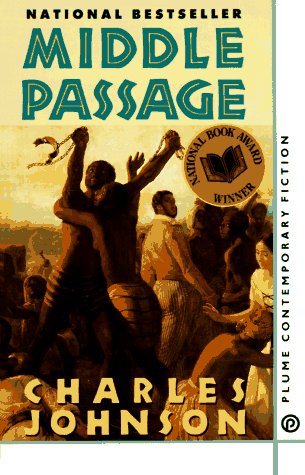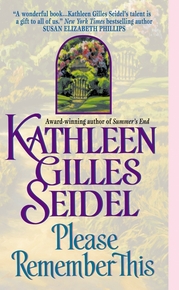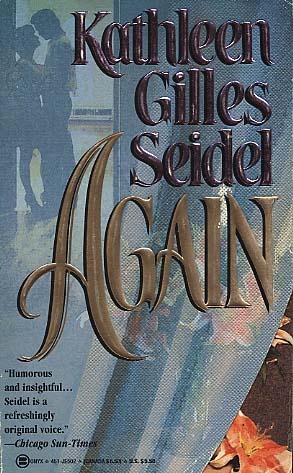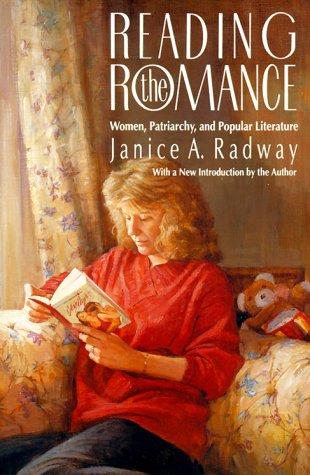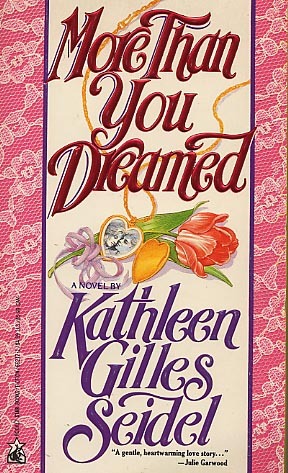 Multi-layered, ambiguous, nuanced, complex. That’s generally the sort of thing literary critics say when they are praising some important work of literary fiction for its importance, seriousness, and literariness. Great novels, or works of art, are supposed to have meanings within meanings, perspectives within perspectives. To be great is to be multiple. Pulp or genre novels, on the other hand, are often seen as being singularly utilitarian. A horror novel scares you; a spy novel gets the blood pumping, porn does what porn does.
Multi-layered, ambiguous, nuanced, complex. That’s generally the sort of thing literary critics say when they are praising some important work of literary fiction for its importance, seriousness, and literariness. Great novels, or works of art, are supposed to have meanings within meanings, perspectives within perspectives. To be great is to be multiple. Pulp or genre novels, on the other hand, are often seen as being singularly utilitarian. A horror novel scares you; a spy novel gets the blood pumping, porn does what porn does.
In an interview with me last week, romance novelist Kathleen Gilles Seidel suggested that romance, too, was more singular than multiple, at least in some respects. As a writer, she says,
my relationship with my reader is a romance writer’s. I am not out to challenge her (or him), threaten her, or even change her. I am very controlling of her (or his) experience. The characters may be complex, and the judgment about them may be nuanced, but ultimately there is almost no ambiguity in the judgments. A reader is going to end up drawing the same conclusions that I have.
So for Seidel, romance novels are restrictive and, at least in some ways, unambiguous. Is this true?
There are buckets and boatloads of romance novels, and it’s hard to make any statement about them in general that would be true of every one. But it does seem to be true of one novel — Seidel’s own 1991 book More Than You Dreamed.
More Than You Dreamed is about an (extremely) wealthy director’s daughter, Jill Casler, and a basketball coach, Doug Ringling, who is the nephew of the famous actor Bix Ringling. Bix and Jill’s father, Cass, were both involved in the making of a 1948 blockbuster, Weary Hearts, a historical drama focusing on one Confederate family’s struggles during the Civil War. The making of the film is shrouded in confusion, and Jill and Doug work together to uncover the production mysteries. While falling in love. As you’d expect.
To repeat, that outcome is expected. You’re introduced to Doug and Jill on the first page, and you know what’s going to happen. That singular, predictable reading is mirrored, emphatically, in the film within the book. Just as the reader reads “Doug” and “Jill” and says, “aha!”, so Doug and Jill read various versions of the script for Weary Hearts — and those readings are always singular, immediate, crystal clear. When Doug and Jill find Bix’s original script, they both know it’s a masterpiece — and everyone else who sees it thinks exactly the same thing. When Doug and Jill see an early print of the film, they both agree it’s a failure, and for the exact same reasons. Art, in More Than You Dreamed, is unitary. It speaks to everyone with the same voice.
Or does it? Is Doug and Jill’s reading of Weary Hearts the only reading? Again, Weary Hearts seems based, at least in very broad strokes, on Gone With the Wind — another sweeping Confederate historical. Gone With the Wind, like Weary Hearts, was, and is, widely beloved. But it’s also extremely contentious. GWTW was a racist film; as a result, its tragically defeated white heroes can also be seen as awful, white supremacist villains. Instead of a romantic triumph, the film could be seen (and frequently is seen) as an ugly apology for evil.
And what about Weary Hearts? The film, as described, seems to be much less focused on race than GWTW — the characters are not landholders, but small farmers, and only one black character appears. But still, if you take seriously the idea that the Confederacy was a racist endeavor, the view of Weary Hearts has to shift. Is Pompeii, the one black slave in the film, really content to travel with the Confederate hero Charles as he wanders about fighting Yankees? Is that original print really flawed because of poor acting? Or does the early version lack power because it fails to confront the moral evil of the Confederacy?
There are clues in the book that perhaps support this alternate reading of the film. Doug, who looks almost exactly like the star of Weary Hearts, participates in a Civil War reenactment, during which he makes a passing joke about the South’s racist and sexist past. Later, and more uncomfortably, while he waits for a black basketball star friend, he quips, “I kind of like this, meeting him in a Confederate uniform. He can call me Massa, it will be good for him.” Jill replies that Doug should probably be the one calling Lynx master, since Lynx “could buy and sell you.” On the surface, it’s supposed to be a moment of fun banter. But it’s also an uneasy reminder of what the American South (and not just the South) was about. And though, again, it seems to be directly denying the continuing relevance of that history (Lynx has the power now) it could also be seen as a nervous suggestion that the past isn’t quite yet gone.
In researching Weary Hearts, Jill and Doug both want to prove that their relatives — Jill’s dad, Doug’s uncle — were good, thoughtful, brilliant, talented people. They succeed in doing so; that’s the message, and part of the happy ending, of the novel. But there’s ambiguity there too. Is it good, and thoughtful, and brilliant, to present a romantic Confederacy sans racism? The title line, near the end of the book (“…once you start to look, you may find more than you ever dreamed”) could be about the wonder of finding love. But it could also be an ironic comment on how dreams (filmic or otherwise) can ensure that you don’t look for, and don’t find, certain things.
Probably this isn’t the reading Seidel intended. But again, there’s some textual support. Jill, we learn in the novel, is an incredibly controlled person, terribly afraid that the people around her will become angry. “Jill’s goal in life was to get people to stop being angry. That’s what she did, calm everyone down so that things would get done”. Doug, for his part, lost his job at a Division I school; he is adrift throughout the book in part because he hasn’t let himself feel rage at the people who maneuvered him out of his position.
The book, then, is not only about the secrets of the past, but about repression in the present. And the two are linked. At the end of the book, Doug realizes that his uncle Charles, who played Booth the Confederate soldier in the movie, was a lousy actor. But he determines to keep that a secret: “He’s weak, he’s a coward, and he’s a quitter but he’s family.” Jill and Doug have connections, wealth, knowledge, and power; they can protect their own. In the name of family, history is altered, and myths promulgated. Does that refer just to Charles? Or does it implicate the film he was in, and it’s neo-Confederate romanticism as well? Jill and Doug’s happy ending also becomes a conspiracy about a happy past. Bliss in the present erases ancestral moral failings — which can be an exhilarating message, but which can also have less sunny connotations.
Seidel’s control, then, can itself be read as ambiguous. The characters in the novel find new scripts and scenes and perspectives on a classic story, and they refuse them — they push them away. The shelving of multiple meanings, though, can itself have more than one meaning. To reject ambiguity is itself ambiguous; to push aside a meaning is (multiply) meaningful. More Than You Dreamed settles on one romantic dream, but it also says, ambiguously, that there are more.
______
For those interested in the question of romance and directed reading, Liz McCausland hosted a lengthy discussion on the issue which is worth checking out.

